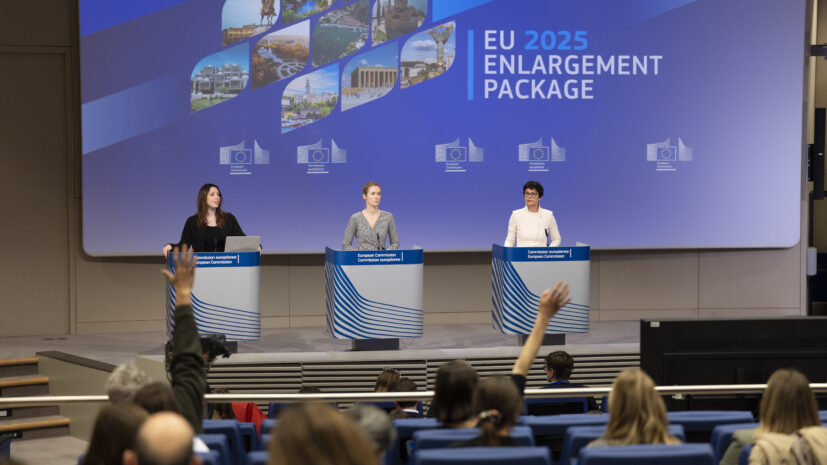Think Tank Network Workshop: EU’s Engagement in Ukraine and its Black Sea Strategy
The return of Donald Trump to the White House marks a new phase for geopolitics and European security – one increasingly shaped by interest-oriented policy and transnationalism rather than values-based cooperation and multilateralism. This shift is already being felt across the EU’s Eastern Neighborhood where authoritarian regimes are gaining more influence and acting more boldly while conflict dynamics remain volatile. As Russia’s war on Ukraine continues, President Trump has not yet brokered a “deal” between the two countries, but attempts to normalize US relations with Russia.
The outcome of negotiations and a potential ceasefire between Russia and Ukraine will determine the future of the Black Sea region and its security. Now, security concerns feature prominently in the EU’s policies toward the countries in its Eastern Neighborhood. Driven by Romania and Bulgaria, the EU adopted a new strategic approach to the Black Sea in late May.
In this context, please join us for this workshop to discuss the new dynamics of Russia’s war in Ukraine and assess the EU’s new Black Sea strategy, the initial steps in its implementation, and how it is linked to the Eastern Partnership as a whole. Together, EU policymakers and regional experts will explore:
- The state of current negotiations on Ukraine and prospects for a ceasefire
- The role of US-led “deal” logic in shaping outcomes in the EU’s Eastern Neighborhood
- The objectives of the EU’s new Black Sea strategy and its implications for Ukraine, the Eastern Partnership (EaP), and regional resilience



